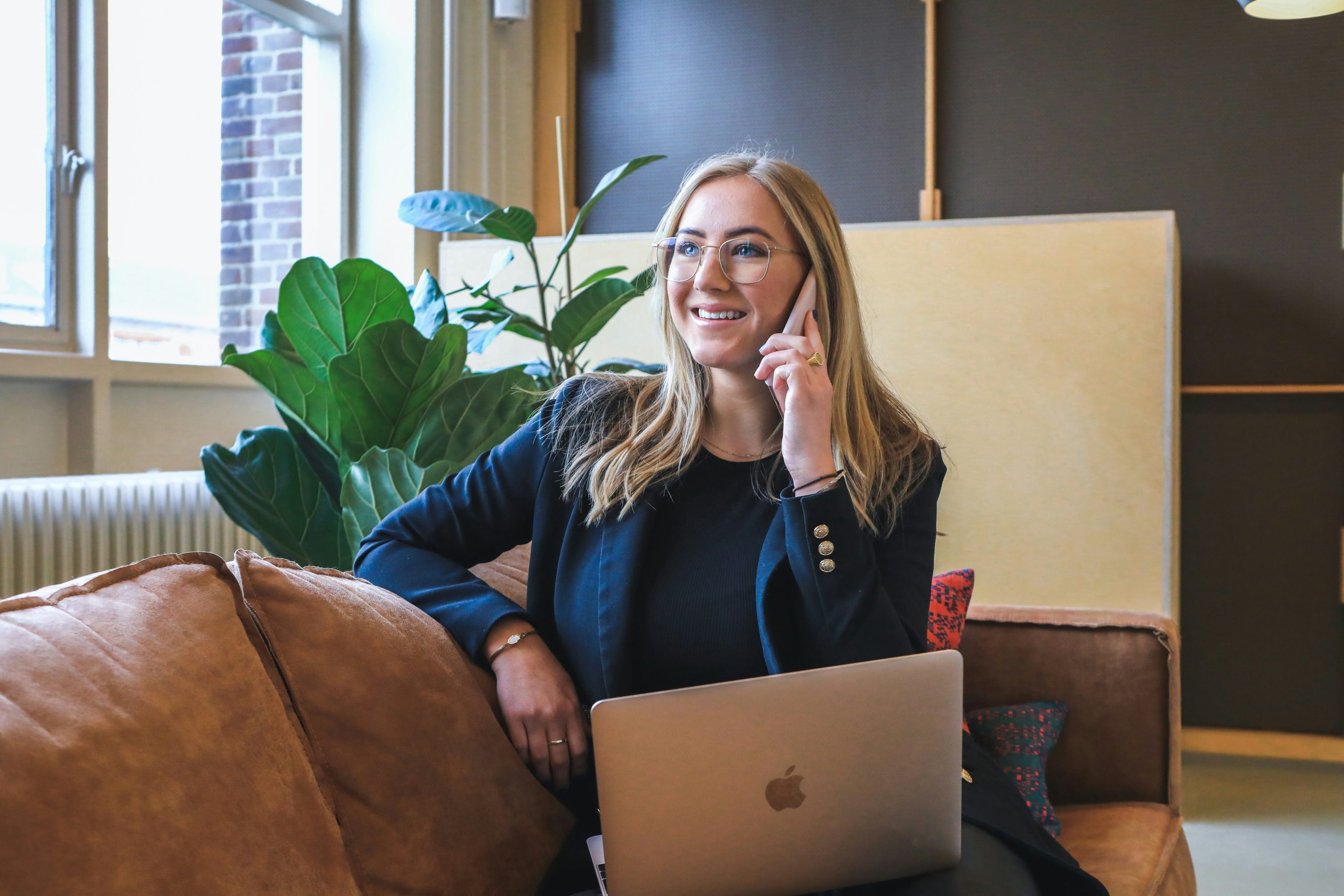Consultancy is a growing aspect of the Legal Risk & Compliance sector. On Episode 15 of The UNCOVER Pod I spoke with Sarah Mumford, an Expert in Risk Management for Law Firms, to discuss her experiences of establishing a consultancy in the industry. Here are her insights:
What are the main positives and negatives of taking on a consultancy role?
There is something very liberating about working for yourself, that’s a big positive. It has extended my working life considerably. I work very hard from Tuesday to Thursday. Mondays and Fridays are a bit more flexible, often, I have to do a lot of admin because even a one-person consultancy generates a lot. But I could go to the cinema in the day if I wanted to.
I think you get to know yourself and your strengths and weaknesses. After a long time, I finally gave in and employed someone to be my IT department because I was getting myself tied up in knots.
How does joining a firm on a permanent basis compare to a consultancy basis?
When you are an interim person, you deliberately don’t set out to make a permanent fixture. You’re not trying to have as many relationships as you would in a permanent role. You work out who you need to get things done instead. You’re not doing a deep dive, it’s more shallow. One of the great advantages when you arrive as an interim person is that people don’t really know who you are or that you’re there. You’re not invited to meetings, so you can get masses of stuff done.
One of my mantras as an interim person is to change as little as possible, because, by definition, someone who is coming in after me will have their own ideas. It would be very annoying, and one of my mantras is ‘Don’t be annoying unless you have to’, so I don’t change things that I don’t have to. My job is to keep the ship steady and maintain the morale of the team.
What advice would you give to someone who wants to follow a consultancy path?
I always buy a new notebook and write down the pros and cons. It may just be a question of looking at ‘Who do I know? What do I know? What will make me happy?’ They’re quite open questions. Then, working out the finances is important because you cannot have financial worry or fear.
Next, you should start asking around. People have interim jobs all the time, and if you can’t find them through your network, specialist risk and compliance recruiters will know about it. Join one of the many risk groups or form one yourself. There’s a strong sort of self-help in the risk world because we are on our own as a rather odd hybrid because we’re the minority in business services because we’re lawyers, and we’re a minority among the lawyers because they see us in business services. So, we have to make our own tribe.
It’s a question of making sure that you are as connected as possible and that people know that you’re out there. My advice is always to look at who you admire and figure out why you admire them. Work out if that fits your personality. It’s a question of being self-aware and being clear about what you want to do. But do not be rigid.
To find out more about life as a consultant, listen to Episode 15 of The UNCOVER Pod here.


